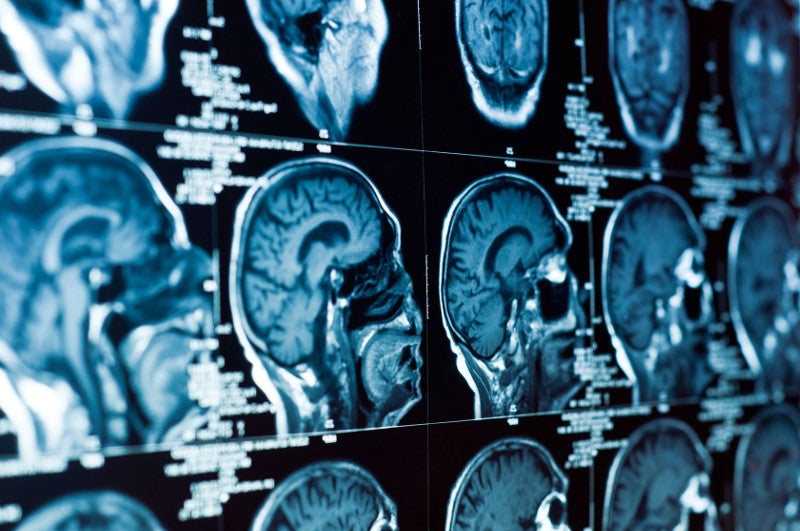insights
Cerebral Blood Flow, Metabolomics, and Early Interventions

There is a strong connection between metabolic function and cognitive function. One complication for patients with Alzheimer’s is small vessel damage in the brain due to metabolic disturbances.1 The question is, are the risk factors for diabetes involved in causal pathways of cognitive decline, are they useful markers of cerebrovascular damage, or are they both, at least in some patients?2
In a 2016 study, researchers examined 258 men and women over age 53 for cardiometabolic risk factors.3 The results showed that 29.1% met the criteria for metabolic syndrome. Metabolic syndrome, along with sex and age, is associated with reduced cerebral conductance, a measure of blood flow through the brain. This reduction in cerebral blood flow has been confirmed by more recent studies, where reduced cerebral blood flow was mediated by arterial stiffness.4 Together, these results suggest that cardiometabolic and vascular risk factors may predict cognitive health in older adults.
Metabolomics offers another powerful tool to study Alzheimer’s as a disease of network failure. Metabolomics is the study of metabolites and their interactions, which allows for understanding of metabolism over time (rather than as a snapshot).5 Several metabolites significantly differ in Alzheimer’s patients versus control patients.6 Both mild cognitive impairment (MCI) and Alzheimer’s are associated with a pattern of distress in tryptophan, tyrosine, methionine, and purine pathways. Lower levels of these building blocks could explain the low glutathione seen in many patients with Alzheimer’s.6
Yet there is not just one type of metabolic abnormality in patients with Alzheimer’s. Rather, there are subtypes, each of which shows improvement when their metabolic markers are brought back toward a healthier range.7 These subtypes can be distinguished in clinical practice, allowing treatments to be tailored to the specific needs of the patient.7
Assessing the role of disordered metabolism, as well as the cause of that metabolic abnormality, is an increasing focus for improving cognition for these patients.8
In IFM’s Reversing Cognitive Decline: Advanced Clinical Training online course, you can learn about the multiple subtypes of Alzheimer’s, how to differentiate them from mild cognitive impairment, and appropriate interventions for each subtype.
Register for Reversing Cognitive Decline
References
- Stone J, Johnstone DM, Mitrofanis J, O’Rourke M. The mechanical cause of age-related dementia (Alzheimer’s disease): the brain is destroyed by the pulse. J Alzheimers Dis. 2015;44(2):355-373. doi:3233/JAD-141884.
- Feinkohl I, Price JF, Strachan MWJ, Frier BM. The impact of diabetes on cognitive decline: potential vascular, metabolic, and psychosocial risk factors. Alzheimers Res Ther. 2015;7(1):46. doi:1186/s13195-015-0130-5.
- Tyndall AV, Argourd L, Sajobi TT, et al. Cardiometabolic risk factors predict cerebrovascular health in older adults: results from the Brain in Motion Physiol Rep. 2016;4(8):e12733. doi:10.14814/phy2.12733.
- Pasha EP, Birdsill AC, Oleson S, Haley AP, Tanaka H. Impacts of metabolic syndrome scores on cerebrovascular conductance are mediated by arterial stiffening [published online July 31, 2017]. Am J Hypertens. doi:1093/ajh/hpx132.
- Patti GJ, Yanes O, Siuzdak G. Innovation: metabolomics: the apogee of the omics trilogy. Nat Rev Mol Cell Biol. 2012;13(4):263-269. doi:1038/nrm3314.
- Kaddurah-Daouk R, Zhu H, Sharma S, et al. Alterations in metabolic pathways and networks in Alzheimer’s disease. Transl Psychiatry. 2013;3:e244. doi:1038/tp.2013.18.
- Bredesen DE. Metabolic profiling distinguishes three subtypes of Alzheimer’s disease. Aging. 2015;7(8):595-600. doi:18632/aging.100801.
- Cooper C, Sommerlad A, Lyketsos CG, Livingston G. Modifiable predictors of dementia in mild cognitive impairment: a systematic review and meta-analysis. Am J Psychiatry. 2015;172(4):323-334. doi:1176/appi.ajp.2014.14070878.



